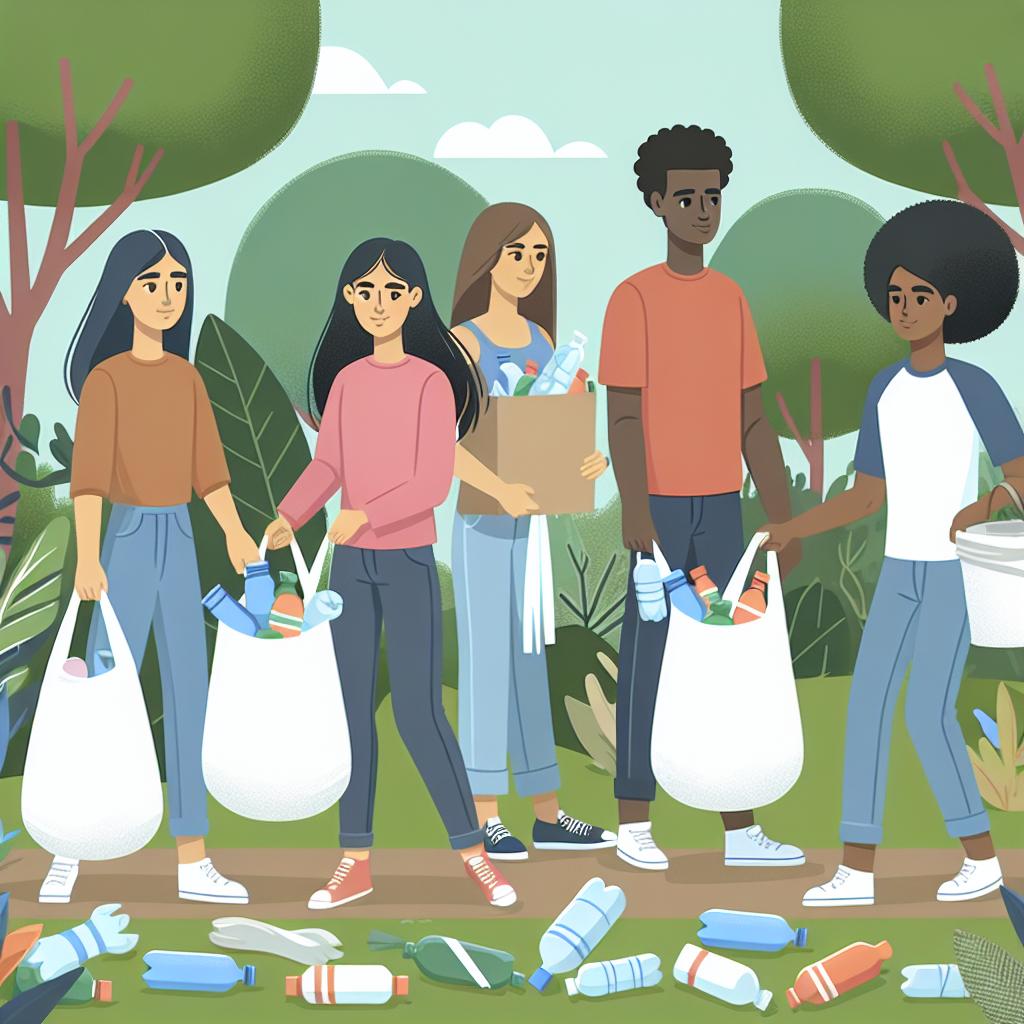South Korea's Recycling Conundrum: A Model with Limits
South Korea is praised for its recycling efforts but faces challenges as it prepares to host global plastic waste talks. Despite high reported recycling rates, actual recycled plastic is significantly lower. The nation's inconsistent policies and industry influence highlight the limits of its waste management approach.

South Korea, known globally for its commendable recycling efforts, finds its methods under scrutiny as it gears up for crucial discussions on international plastic waste. Despite its self-reported high recycling rates, experts argue that South Korea's approach has limitations that need addressing.
The upcoming INC-5 talks in Busan will focus on whether a U.N. treaty should aim to limit plastic production. Countries like Saudi Arabia and China have previously resisted such measures, advocating for a focus on easier aspects like waste management strategies instead.
While South Korea claims a 73% plastic recycling rate, activists and industry insiders contest this figure, suggesting only 27% is truly recycled. The country's escalating plastic production, inconsistent regulations, and political pressures emphasize the need for concrete goals and systemic reforms in its waste management policies.
(With inputs from agencies.)
ALSO READ
Important to ensure equitable digital environment that protects rights, dignity of all: President Murmu.
El Alto's 'Suicide Homes': A Precarious Intersection of Tradition and Environmental Risk
Chilean Mine Project Faces Supreme Court Challenge Amid Environmental Concerns
Supreme Court's Pivotal Railway Project Environmental Case
Inside America's Domestic News: From Environmental Battles to Executive Murders










